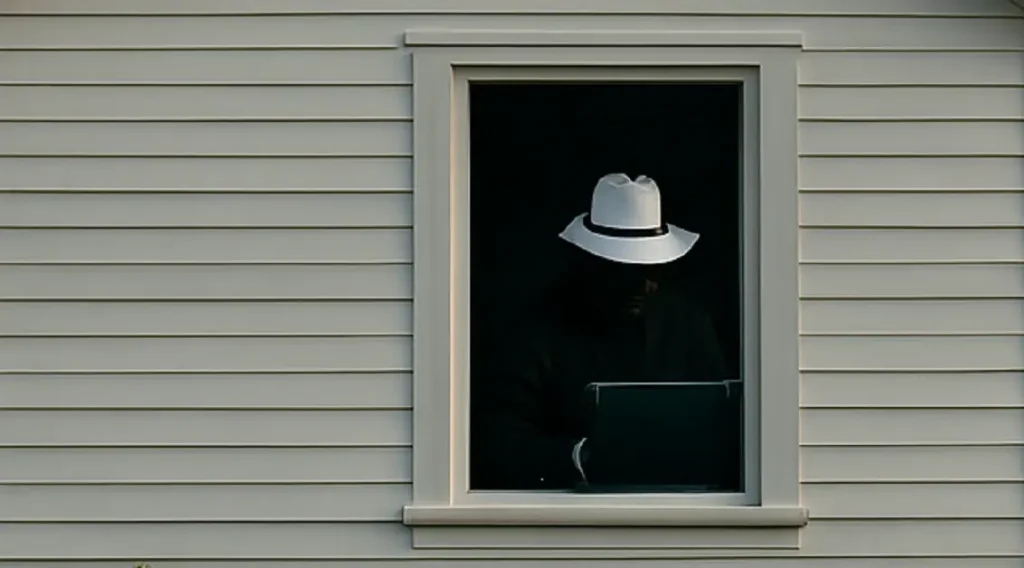Cyber privateers bill 2025: Congress revives pirate-era “Letters of Marque” to let sanctioned hackers reclaim stolen crypto from foreign scam farms—here’s how it works.
Picture this: it’s late March 2025, your inbox lights up with a single PDF titled “Letter of Marque.” Opening it feels like stumbling into a spy novel—an official invitation to go after a North-Korean-run scam farm that just drained Grandma’s savings. That surreal scenario is exactly what H.R. 4988, the “Scam Farms Marque and Reprisal Authorization Act,” is trying to make legal.
Congress dusts off a 200-year-old pirate law and aims it squarely at modern ransomware crews. The idea is dead simple: the President hands out digital “letters of marque” to vetted white-hat hackers, letting them chase stolen crypto, freeze wallets, or even brick botnet servers—so long as every byte of action happens outside U.S. borders. Early drafts cap each license at 18 months and require weekly encrypted logs to the Treasury, but there’s no hard limit on how many cyber privateers can sail the virtual seas at once.
The math driving the madness is brutal. Last year alone, Americans lost $16.6 billion to online fraud—an all-time record that keeps climbing faster than patch Tuesday updates. Much of that cash is funneled through “scam farms” in Myanmar and Laos where trafficked workers are chained to keyboards. Traditional diplomacy hasn’t slowed the bleeding; the thinking here is that a sanctioned counter-hack might.
Early chatter on Signal channels reveals two camps. Security pros who already run bug-bounty programs see a lucrative new revenue stream: one red-teamer joked about invoicing the Feds for “services rendered” after draining a ransomware wallet back to its rightful owners. Civil-liberties lawyers, however, worry about collateral damage—imagine a hospital MRI machine getting caught in digital crossfire because its IP range once hosted a command server.
For everyday users, the bill has a practical upside: stolen funds could be clawed back faster than the current three-year average for international wire-fraud cases. If you’ve ever clicked “send” on a sketchy crypto exchange, bookmark the live tracker page—a green “Passed” label means you might wake up to a reimbursement email instead of another fraud alert.
What’s your take: is deputizing hackers the ultimate game-changer or a diplomatic powder keg waiting to blow? Drop your wildest scenario in the comments—would you enlist as a licensed cyber privateer if the pay was right, or stick to the sidelines and hope the cavalry arrives in time?
See More:
- DeepSeek v3.1 UE8M0 FP8: A Leap for AI Efficiency or Just Clever Marketing?
- AI Browser Assistants Privacy Concerns 2025: The Invisible Data Leak in Your Tabs
- AI Washing: 40% of AI Startups Are Faking It in 2025
- GPT-5 Just Beat Pokémon Red in 6,470 Moves—Here’s Why Gamers & AI Geeks Can’t Stop Watching
- OpenAI at $500 Billion: The Employee Stock Fire-Sale That Could Reshape AI Investing in 2025

